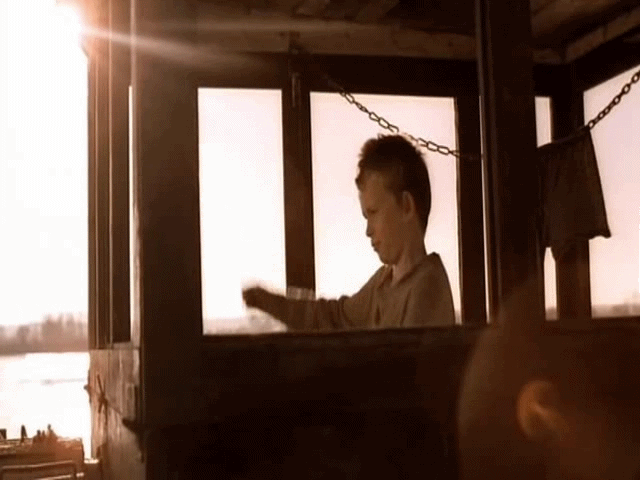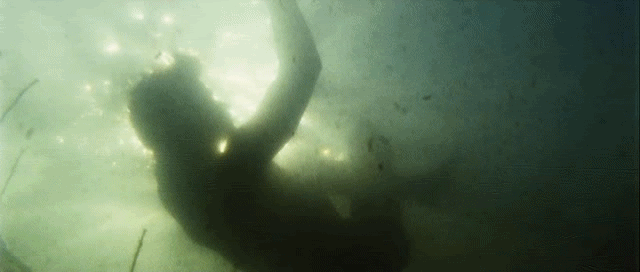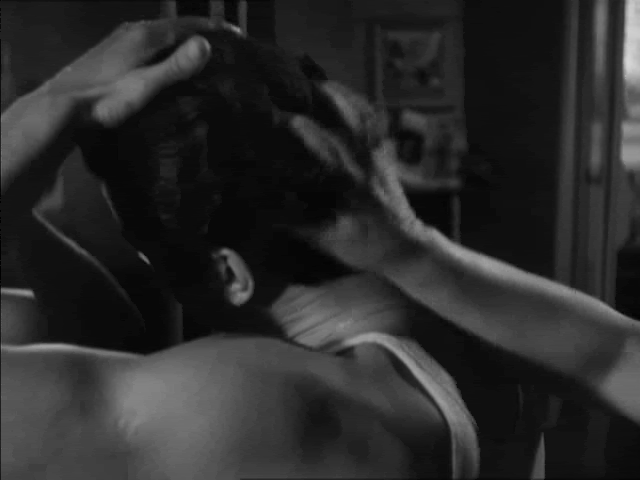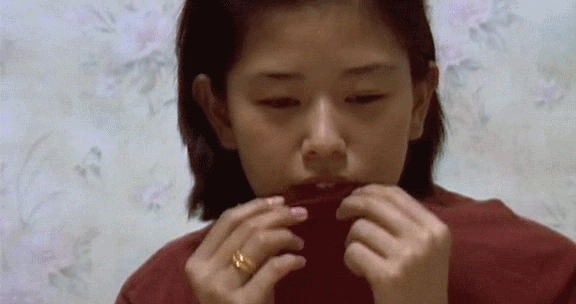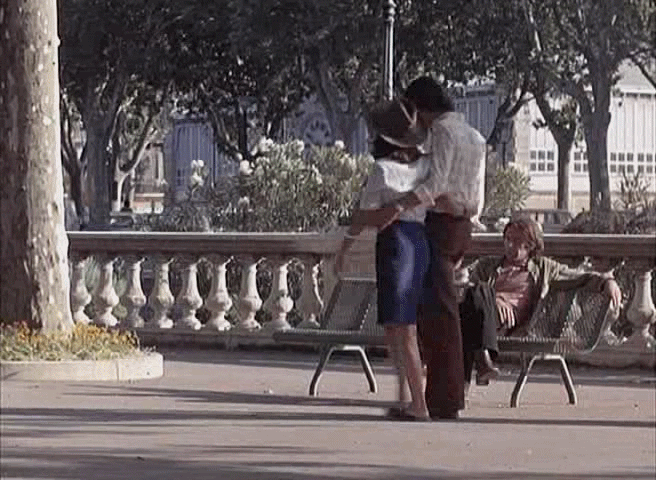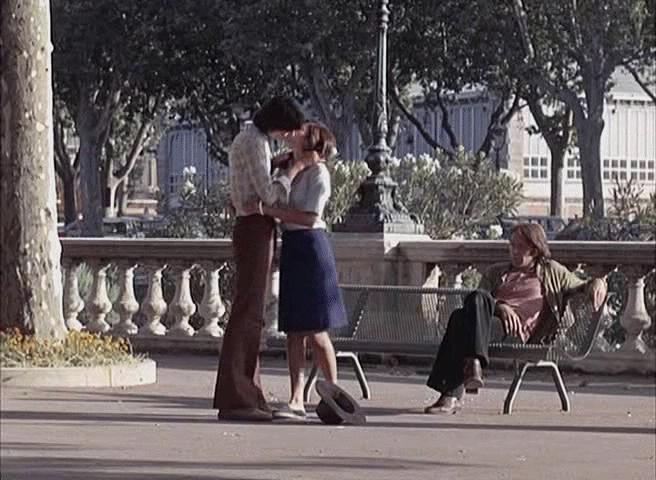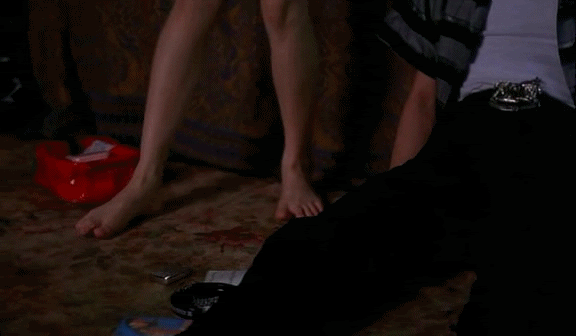
miércoles, 30 de noviembre de 2011
Gila

Gila was a German progressive rock band, best known as one of the early and most important contributors to the Krautrock movement in the late-60s and early-70s. The band formed in early 1969, and with their new experimental sound they engendered a considerable fan base in Germany. The band's original lineup was Daniel Alluno (percussion), Fritz Scheyhing (organ and keyboards), Conny Viet (guitars, vocals), and Walter Wiederkehr (bass guitar). The band recorded their debut album, Gila - Free Electric Sound for, in 1971. The band then dismantled in 1972. However, Conny Veir reformed the band in 1973. The band, with a new lineup, recorded their next studio album, Bury My Heart at Wounded Knee that same year. Then, in 1974 the band dismantled again. In 1999, a live album was released, Night Works,which was recorded in 1972 and was originally intended for radio broadcast.
Discography:
Gila (1971)
Bury My Heart at Wounded Knee (1973)
Night Works (1999)
Escuchar & Download:
Sundance Chant del LP Bury My Heart At Wounded Knee/a>
Mindwinds And Heartfrost del LP Bury My Heart At Wounded Knee
Kollaps del LP Gila
Kollektivitat del LP Gila


martes, 29 de noviembre de 2011
lunes, 28 de noviembre de 2011
Adriana Benetti

Filmography
Teresa Venerdì, directed by Vittorio De Sica (1941)
C'è sempre un ma!, directed by Luigi Zampa (1942)
Avanti c'è posto..., directed by Mario Bonnard (1942)
Quattro passi fra le nuvole, directed by Alessandro Blasetti (1942)
Gente dell'aria, directed by Esodo Pratelli (1942)
I quattro di Bir El Gobi, directed by Giuseppe Orioli (1942)
Quartieri alti, directed by Mario Soldati (1943)
Rondini in volo, directed by Luigi Capuano (1943)
Tempesta sul golfo, directed by Gennaro Righelli (1943)
O sole mio, directed by Giacomo Gentilomo (1945)
Il sole di Montecassino, directed by Giuseppe Maria Scotese (1945)
Torna a Sorrento, directed by Carlo Ludovico Bragaglia (1945)
Inqueitudine, directed by Vittorio Carpignano and Emilio Cordero (1946)
Uno tra la folla, directed by Ennio Cerlesi (1946)
Furia, directed by Goffredo Alessandrini (1947)
Tombolo, paradiso nero, directed by Giorgio Ferroni (1947)
Manù il contrabbandiere, directed by Lucio De Caro (1947)
Llegada de noche, directed by J.A. Niever Condé (1949)
Neutralidad, directed by Eusebio Fernández Ardavín (1949)
47 morto che parla, directed by Carlo Ludovico Bragaglia (1950)
La mujer de nadie, directed by Gonzalo Delgrás (1950)
Gli ultimi giorni di Pompei, directed by Marcel L'Herbier and Paolo Moffa (1950)
Donde comienzan los pantanos, directed by Antonio Ber Ciani (1952)
Las aguas bajan turbias (I desperados della jungla verde), directed by Hugo del Carril (1952)
Le due orfanelle, directed by Giacomo Gentilomo (1954)
Le diciottenni, directed by Mario Mattoli (1955)
A vent'anni è sempre festa, directed by Vittorio Duse (1957)






domingo, 27 de noviembre de 2011
jueves, 24 de noviembre de 2011
Escritura Automática 68

Era un lugar caótico, lleno de trastos. Solo entrar, tuve un ataque alérgico incómodo., la humedad se impregnaba hasta el interior del tuétano. Por suerte, la curiosidad hizo superar mi patética crisis.
Entre paredes-estantería, dislumbré una colección de cajas de cerillas , eran artículos inservibles, debido a la humedad. Me sentí como ellos en ese momento
Sono una voz clara pero debil, avanzaron unas sombras y me rodearon.Consumí ese breve periodo de hermandad con mi corazón, sujetado débilmente con mis manos, cada uno de ellos se turnará para besarlo con la lengua. El efecto fue parecido a un cunnilingus a turnos, que estremecía todo mi organismo.
Luego fui abandonado en un apartamento sin muebles , repleto de crisantemos, vestido con una gasa transparente, que me otorgaba una apariencia de crisálida grotesca.
Seguí contemplando el caos, el alma de un coleccionista , ya muerto, me poseía, su historia en descomposición…el desguace era inminente, era un hombre sin familia, los herederos eran el estado, y el papeleo fulminante subastó cuatro cosas y se deshizo de todo lo demas..
Mi dedo intranquilo pulsó la tecla del contestador automático. Unas voces desconocidas, me ordenaron, con un tono monocorde, que cuidara de los peces que habían en la bañera , que en un periodo de tiempo acordado, vendrían a por ellos. Me peine con las dos manos, y afirme en silencio.
